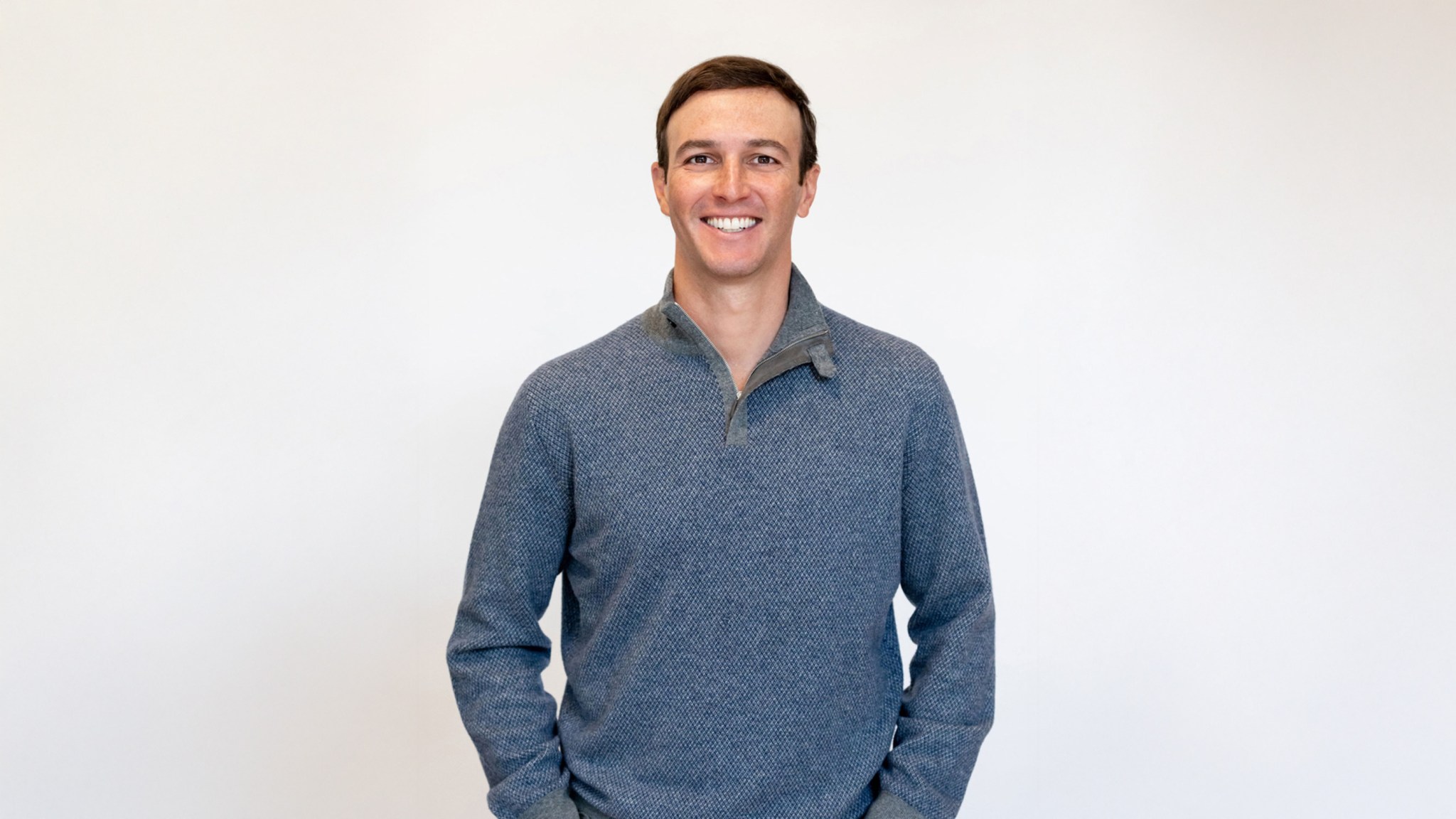David George has grown frustrated with the word “platform”—a term so overused it’s on the verge of losing meaning.
“It’s the most abused term in our industry, you really struck a chord with me,” said George, a general partner at Andreessen Horowitz, after I shared my own annoyance with the term. “People don’t appreciate how special platform companies really are when they’re there. And it’s one of those things where, every pitch we see, they say ‘we’re a platform.’”
George—who leads the growth practice at one of VC’s most high-profile and frequently controversial behemoths—even developed a framework for what it actually means to be a platform, lending the word as specific a meaning as possible. At the most basic level, he says, a platform must have: a high relative market share; a large and expanding total addressable market; multiple well-adopted, revenue-generating products; a meaningful wallet share; efficient customer acquisition and high gross retention. CrowdStrike meets this bar, while Wiz “is on its way,” said George. (In the process of selling to Google for $32 billion, Wiz attracted investment from a16z’s growth team in 2024. Meanwhile, George invested in CrowdStrike in 2018, even before he joined a16z.)
In 2019, George joined a16z from General Atlantic to build the firm’s growth practice, which is currently investing out of its $3.75 billion fourth fund and managing about $15 billion in assets. Growing up in Louisville, Ky., George’s first exposure to business was mowing lawns.
“I figured out that I could charge extra if I did weed eating, instead of just mowing the lawns,” laughs George, referring to a tool sometimes also called a weed whacker, for trimming grass in tough-to-reach spots. “So I saved up, bought a weed eater, and that was my capex. I made money off of it—in the spirit of buying baseball cards.”
A graduate from the University of Notre Dame, George received his MBA at the Stanford Graduate School of Business and early in his career was an investment banking analyst at William Blair. He has, among other deals, led a16z’s investments in Roblox, Databricks, SpaceX, Stripe, Anduril, Coinbase, Figma (which confidentially filed for an IPO in April), and Waymo. He talks about competitiveness with a sunny intensity.
“I like the kinds of founders who are going to find the next thing, who are going to be relentless, who are going to be obsessed,” George told Fortune. “I’m a very competitive person. I was the younger brother, and I used to get my ass kicked all the time. I think it helped shape who I am. I was a wrestler. And that’s ultimate: You get your hand raised, and you win or you lose.”
Fortune asked George the core question of this series: What’s next? To George, both AI and frontier technologies have a more interesting “why now” than at any time in recent history.
“The groundwork is laid—data centers, chips,” he said. “The investments in the models themselves, the capex investments in AI infrastructure, inflation-adjusted, are larger than broadband, larger than the internet, larger than the entire U.S. shale industry, and larger than the Apollo space program. So, this is the greatest modern technological groundwork that we’ve ever seen. The reason that’s important is it bodes very well for the build-out of really exciting applications, especially as the cost of intelligence is kind of trending to zero. We’re seeing greater-than Moore’s law declines in the cost of intelligence, and greater-than Moore’s law, improvements in model quality and reasoning capabilities.”
Is Moore’s law—the idea that the number of transistors on a chip doubles every two years, as computers generally become faster and cheaper over time—dead?
“When people say Moore’s law is dead, they seem to mean ‘it’s run out,’” said George. “I’m like, this is even better, this is great…There will be a tremendous amount of consumer surplus created, and we’re already seeing it. These are the fastest-growing technology companies I’ve seen in my career. If you take something analogous, like the combination of mobile and cloud computing, which created $10 trillion of value across software, Internet, and mega-cap tech—and I think AI is going to be even bigger. So, that’s not a non-consensus view, but maybe it’s a view that’s even more optimistic.”
See you tomorrow,
Allie Garfinkle
X: @agarfinks
Email: alexandra.garfinkle@fortune.com
Submit a deal for the Term Sheet newsletter here.
Nina Ajemian curated the deals section of today’s newsletter. Subscribe here.
This story was originally featured on Fortune.com

